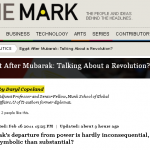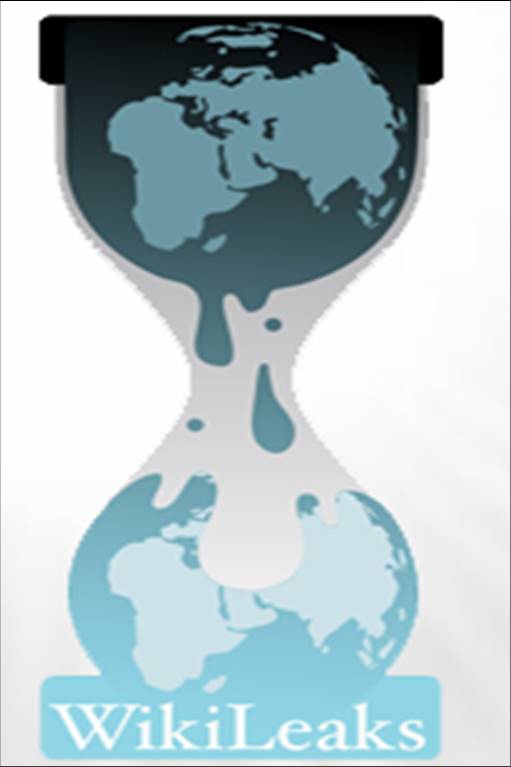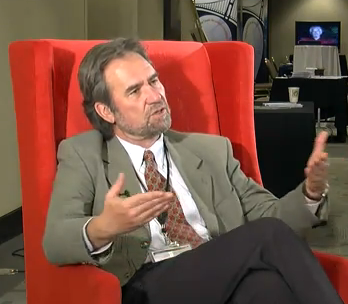“Libya is engaged in a civil war. New protests have broken out in Oman, Bahrain and Yemen. The uprising in Tunisia, the pioneer state of the so-called “Arab Spring,” is entering a second phase. As usual, the amateurish Obama administration has no idea what to do about any of this.
…America has established that its national policy in Libya is regime change. The question now is whether our inexperienced president will take concerted steps to back up that policy.
Gadhafi’s son, Saif al-Islam, boasted that the regime in Tripoli is not fazed by the prospect of U.S. intervention. “We are ready, we are not afraid,” he said Tuesday. “We live here, we die here.” Maybe that can be arranged.”
Editorial, Washington Times, 01 March 2011
Slowly but surely, the sound of sabres rattling is growing louder. Amidst a looming humanitarian crisis and incipient civil war, and denials notwithstanding, there are tell-tale signs of the ground being prepared. In the US and UK there is talk of establishing a no-fly zone, of sending in special forces, of arming and training the rebels…
As Western military assets are deployed to the Eastern Mediterranean and politicians are speaking increasingly of the possibility of some sort of intervention, my sense of dread intensifies.
Where is the diplomatic offensive? Yes, the foreign holdings of the Qaddafi family have been frozen, an arms embargo applied, and legal proceedings are being investigated by the International Criminal Court. But this does not constitute anything like the full court diplomatic press purported to be underway. In fact, it reveals diplomacy’s displacement. Why is no one other than Hugo Chavez calling for immediate negotiations, offering mediation and good offices, dispatching special envoys, demanding that the UN Security Council act to separate the combatants before the onset of full blown hostilities…?
Have we not seen this movie – the one with the tragic ending – before?
Do governments ever learn?




